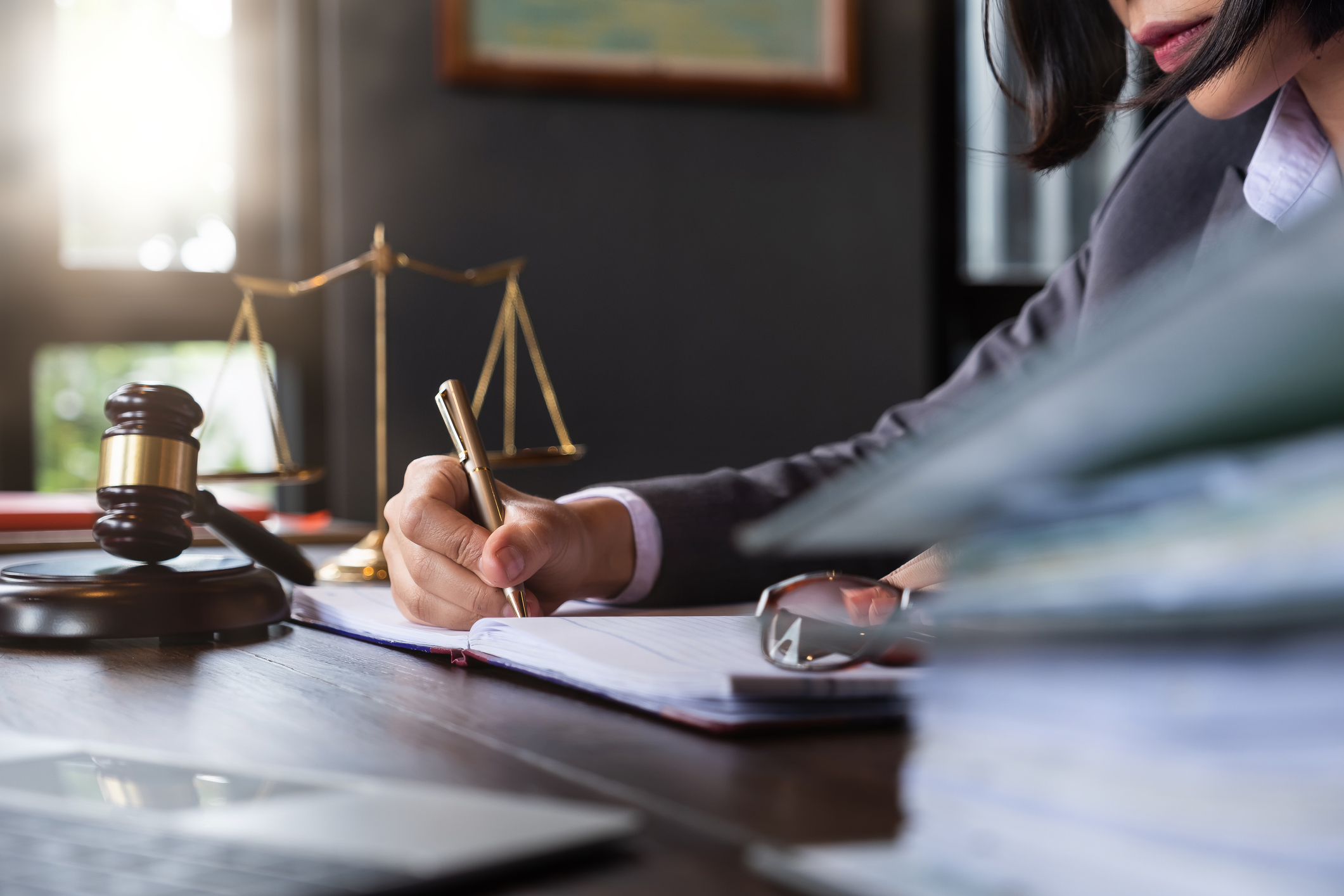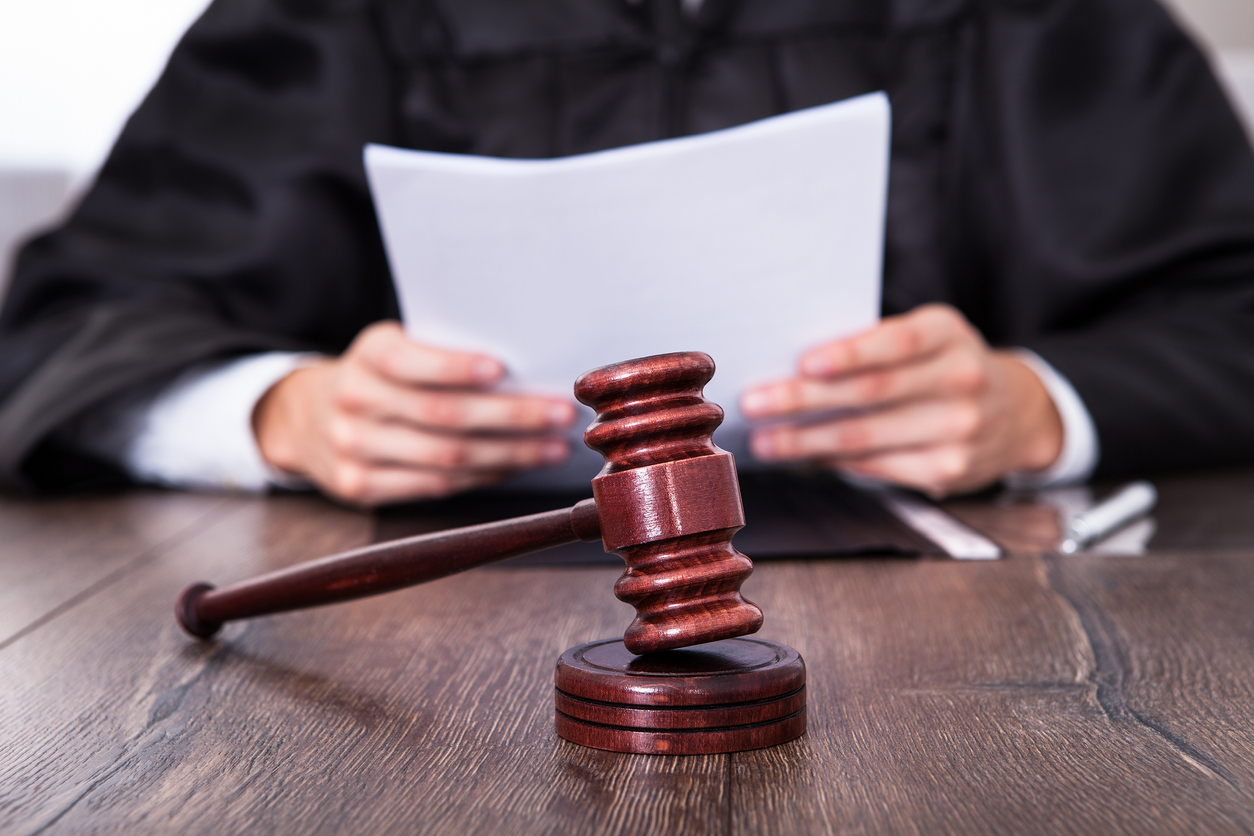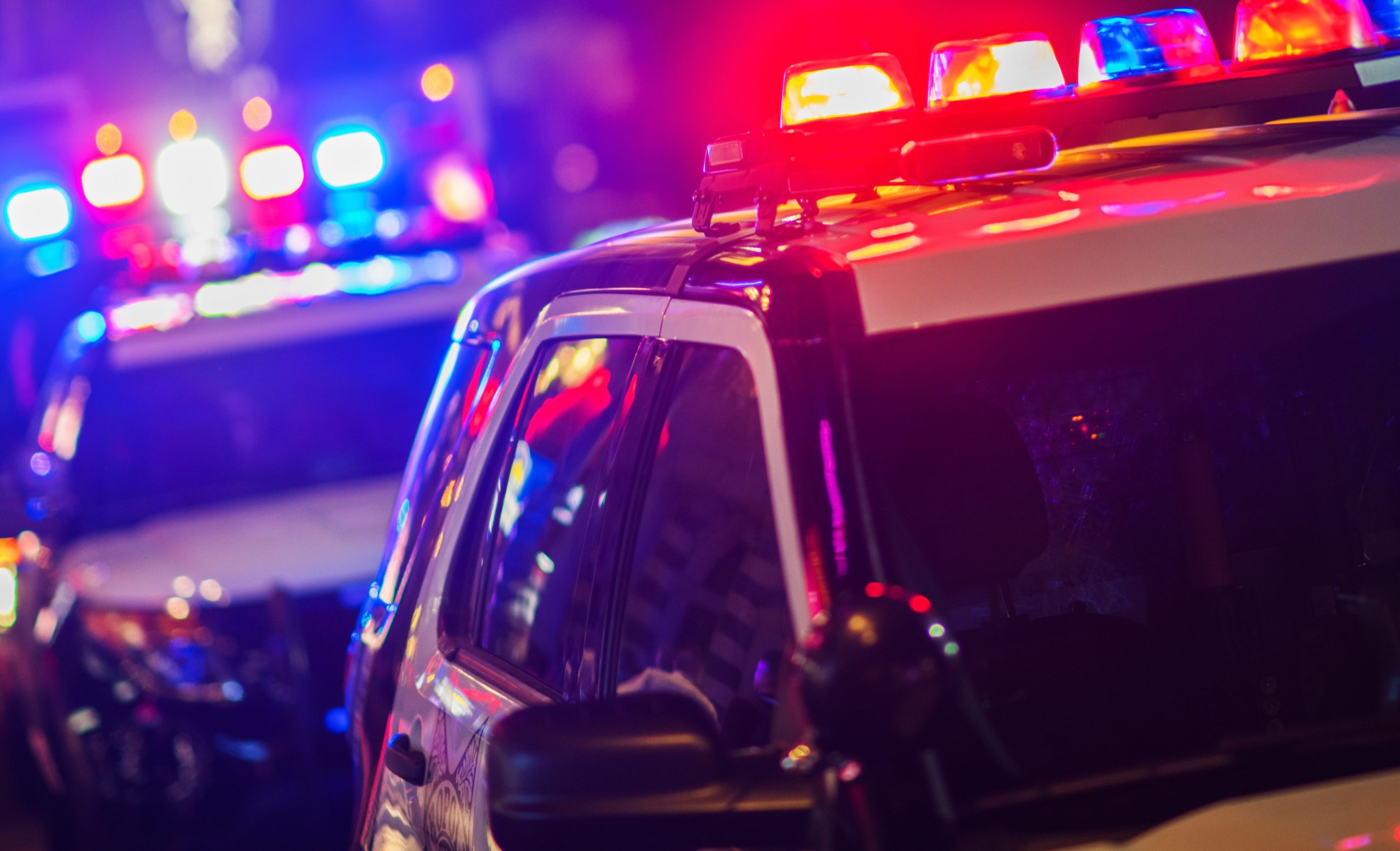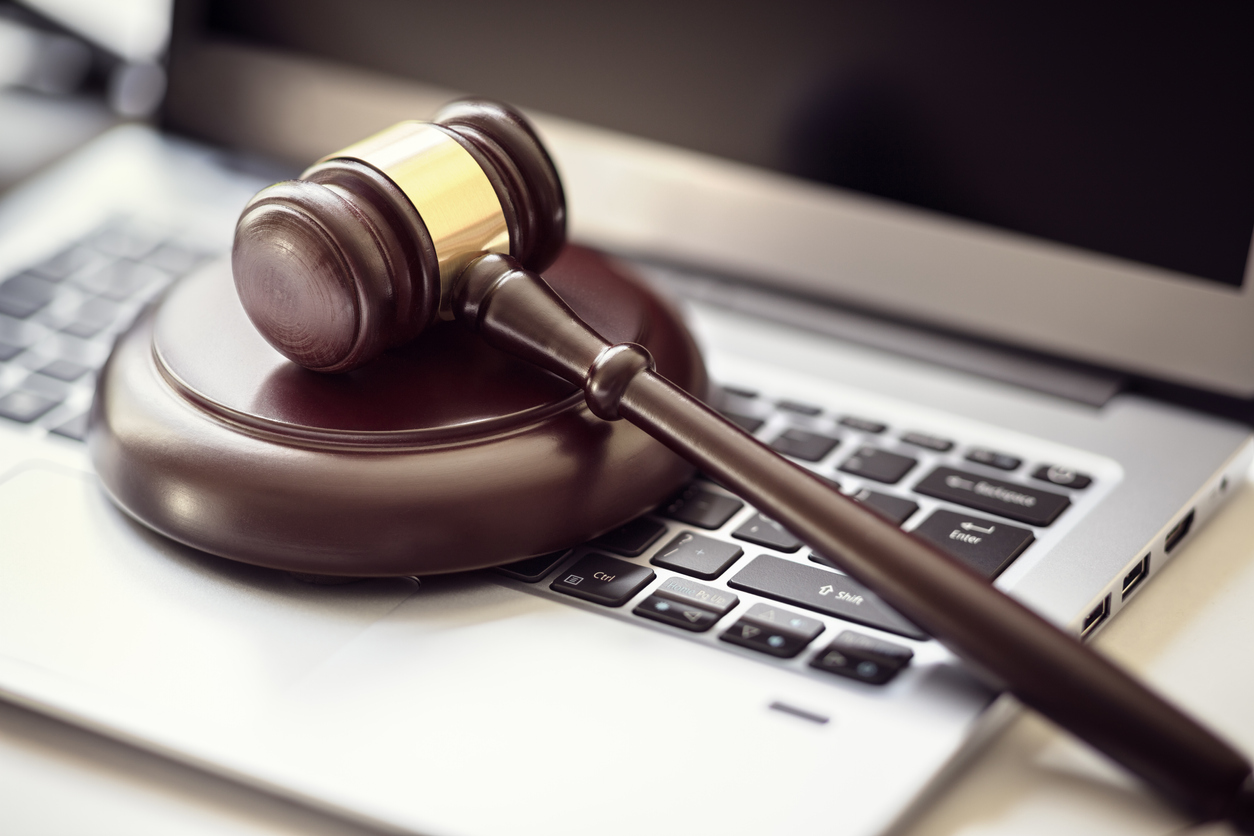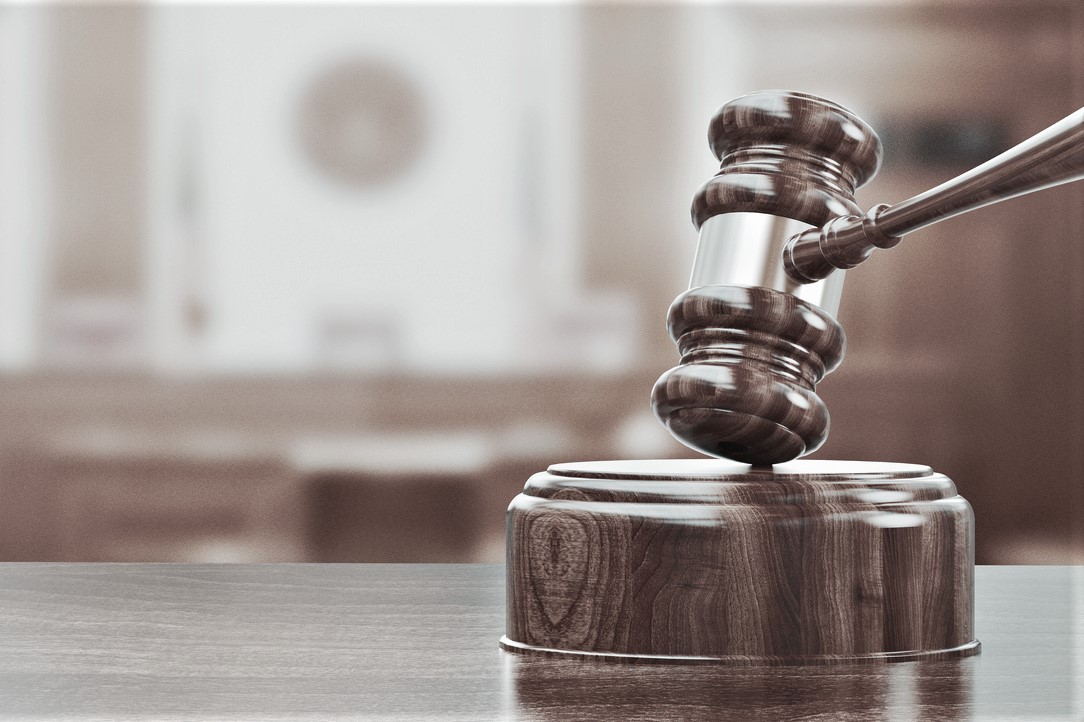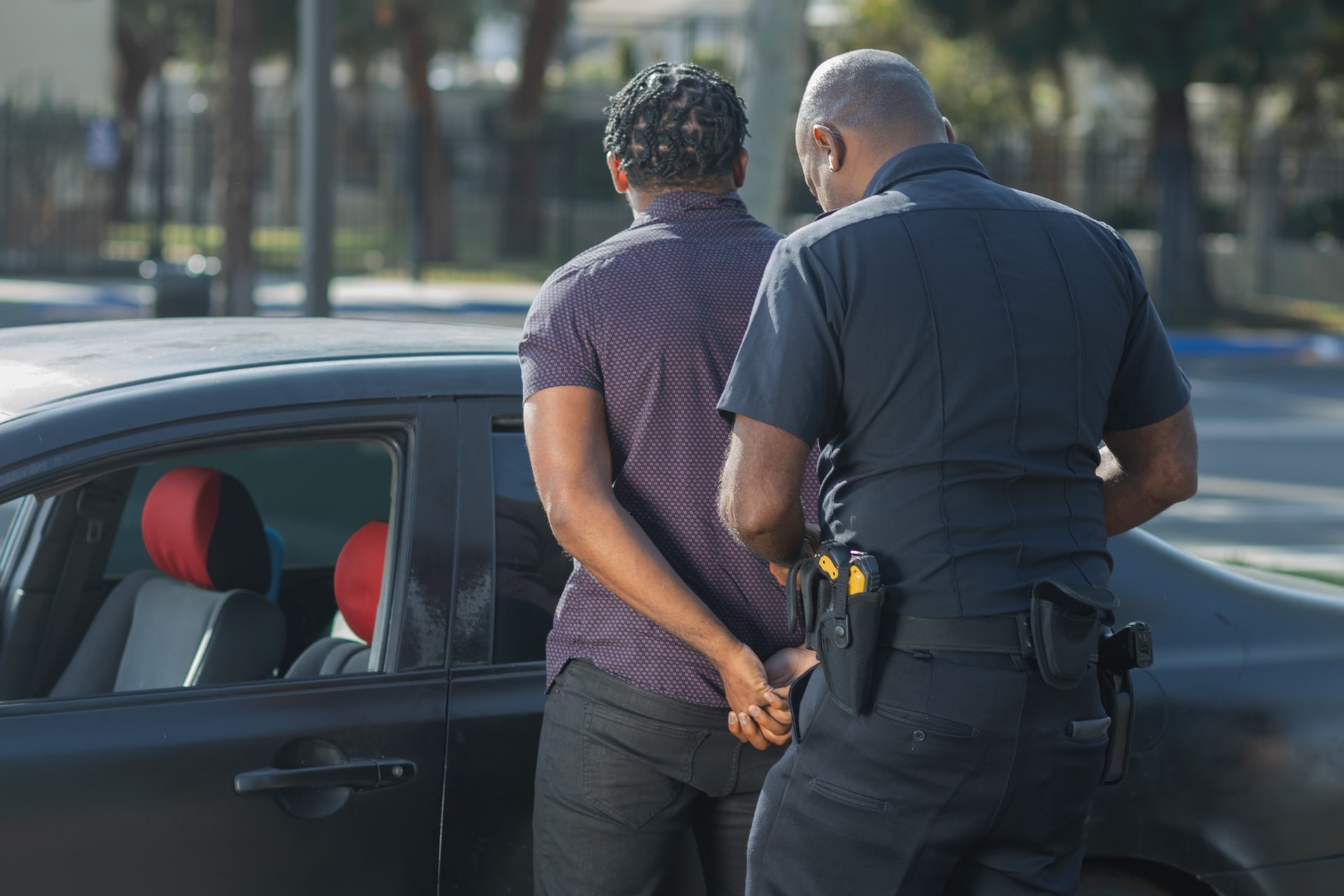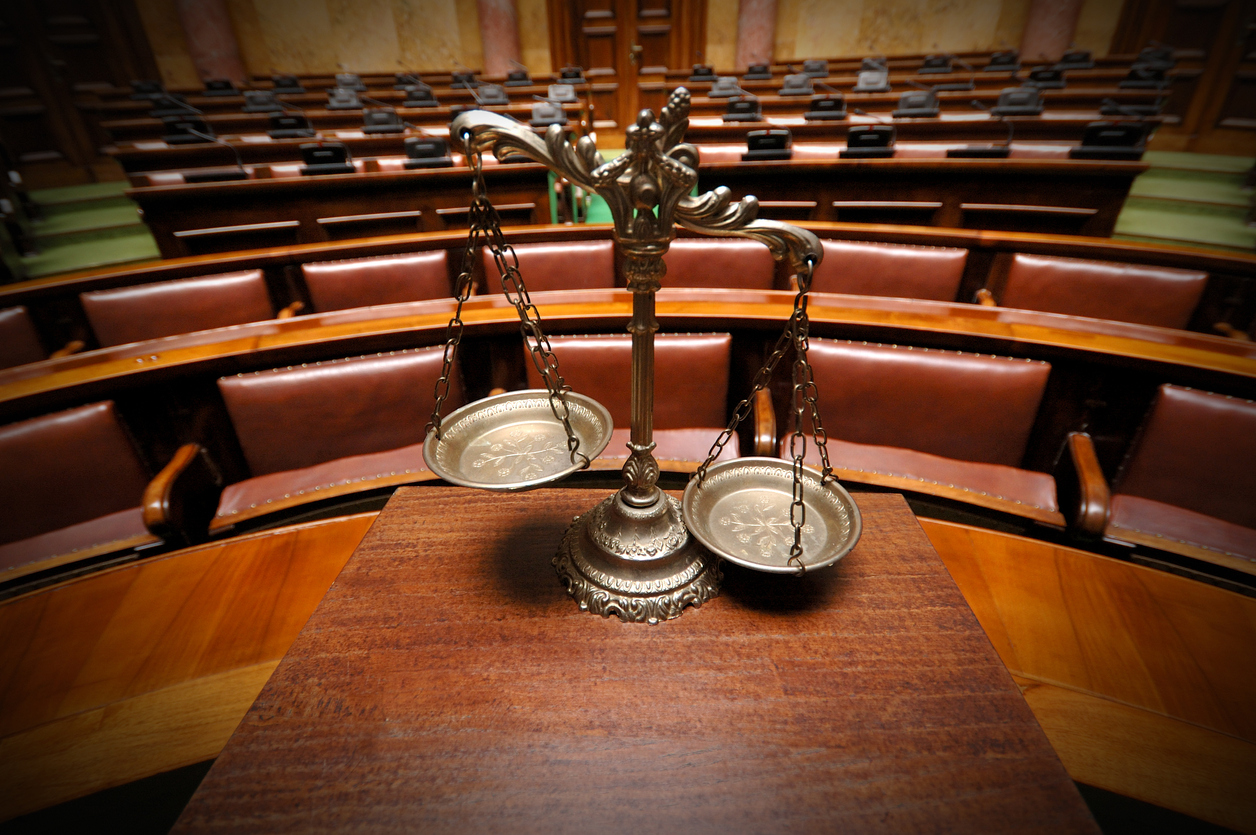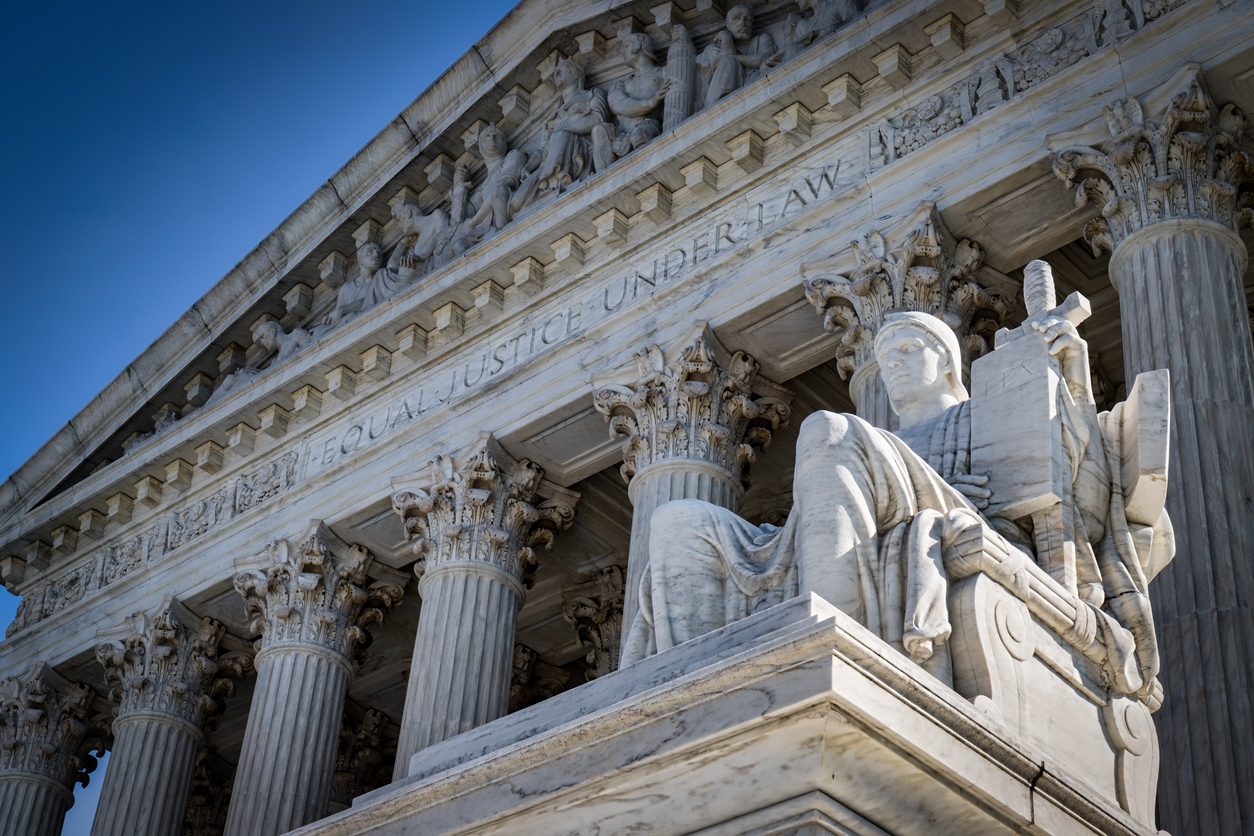Category: I’ve Been Arrested
Can You Choose Your Court-Appointed Lawyer?
Under the Sixth Amendment, you have the right to a lawyer, but, in most cases, you don’t get to choose who your court-appointed lawyer is.
READ MOREDoes Your Defense Attorney Have Access To Experts?
You have the constitutional right to present a defense in a criminal case, and your attorney should be able to access an expert to help.
READ MOREWhat are Three-Strikes Laws?
Three-strike laws are also known as “habitual offender laws.” They are federal and state laws that convict a repeat offender, with three felonies. This law can increase your prison time by many years or imprison you for life.
READ MOREWhat Conduct By The Prosecutor Is Allowed During Trial?
A prosecutor’s conduct during trial is governed by rules of evidence and criminal procedure. They also can’t commit prosecutorial misconduct.
READ MOREWhat Are Your Rights When Pulled Over by Police?
You need to know your rights when you are pulled over by police. Some include the right to remain silent, to refuse a search and to a lawyer.
READ MOREHow Do You Access Court Transcripts From Cases?
If you or a loved one has been convicted of a crime, you may want to access court records and transcripts. It can be easy to do so online.
READ MOREWhat Are Your Rights During a Preliminary Hearing in a Criminal Case?
A preliminary hearing is similar to a regular criminal trial. The prosecutor presents evidence to a judge. Your attorney can cross-examine that evidence. Both sides can call witnesses. But there are some key differences.
READ MOREWhat Rights Do You Have During an Arrest?
During and after an arrest, you do have rights. These rights are mostly protected by the Fourth, Fifth and Sixth Amendments.
READ MOREWhat is an Arraignment in a Criminal Court Case?
An arraignment is the first formal hearing in a criminal case. The judge will read the charges against you, and you will enter a plea.
READ MOREWhat Is Probable Cause In A Hearing or Investigation?
For law enforcement, probable cause allows them to get warrants. Probable cause for prosecutors means they have enough evidence against you to hold a hearing
READ MORE